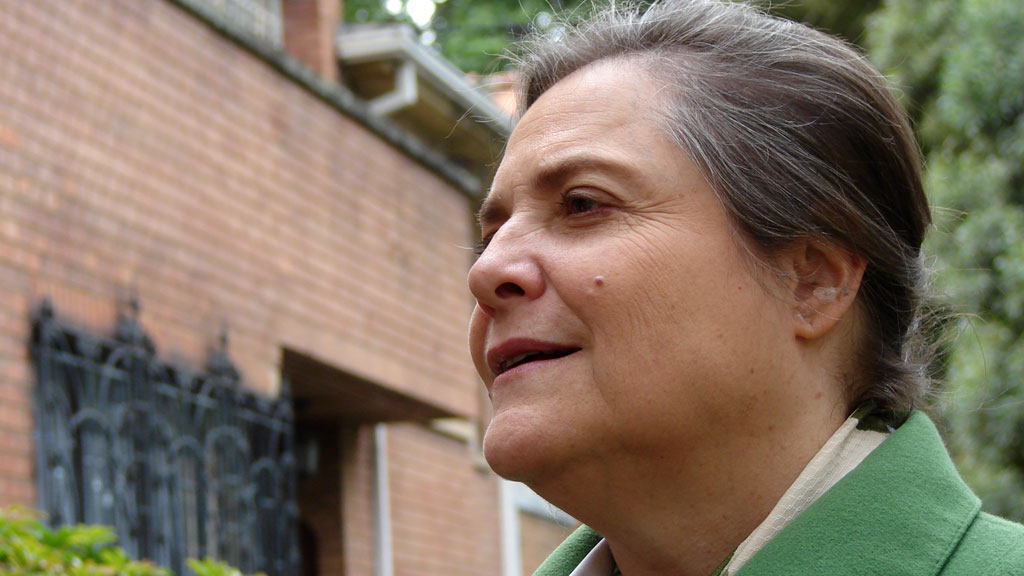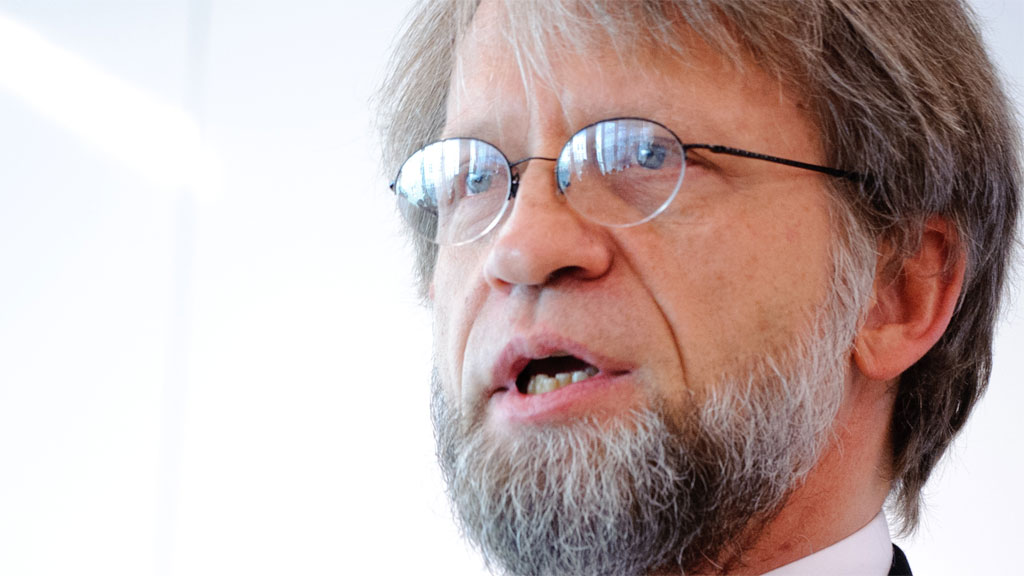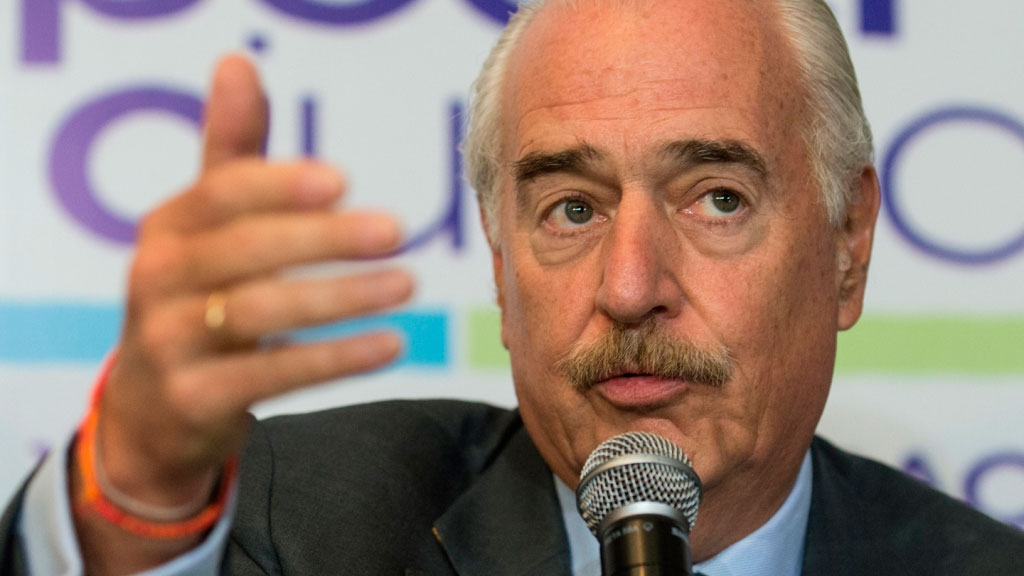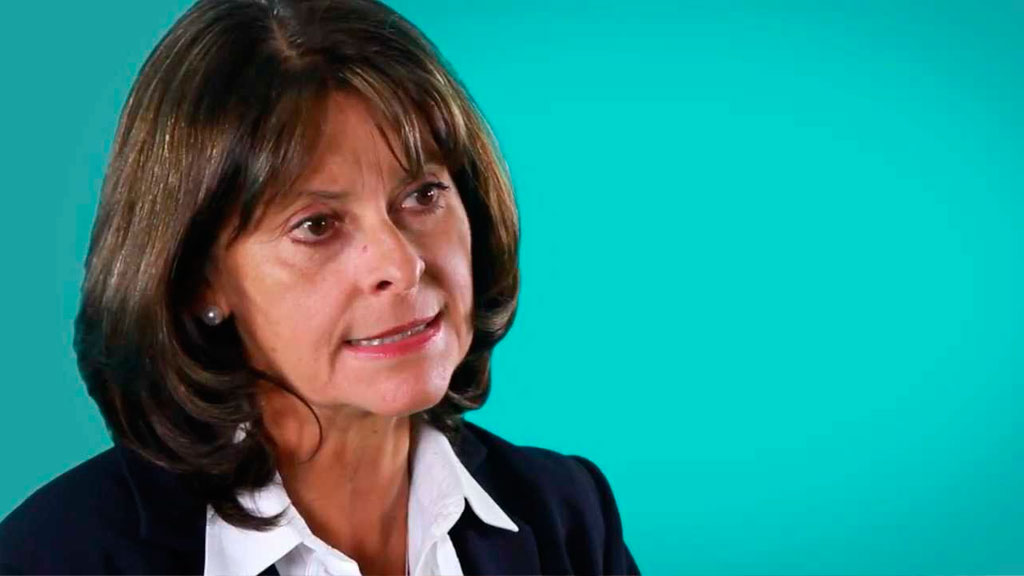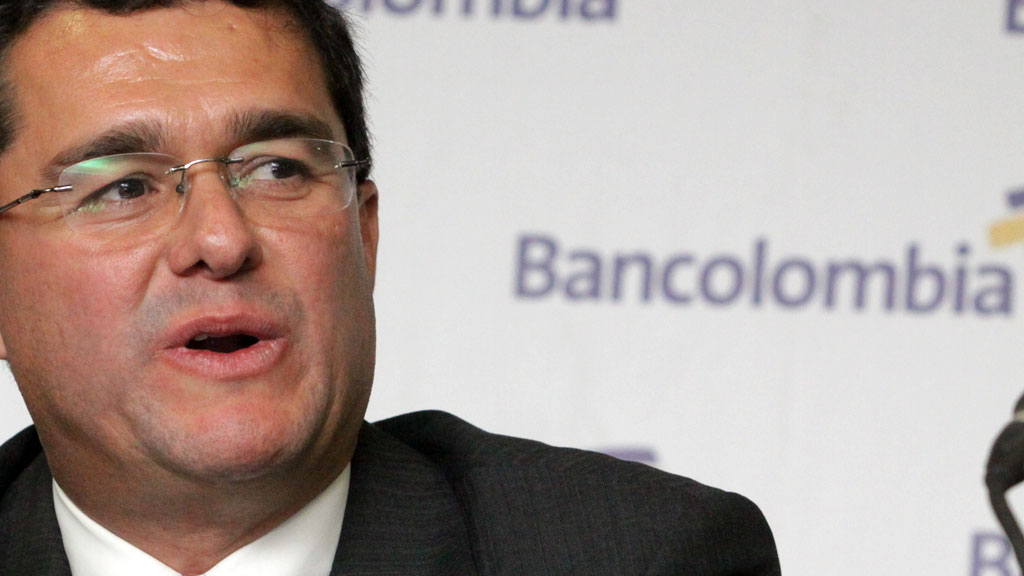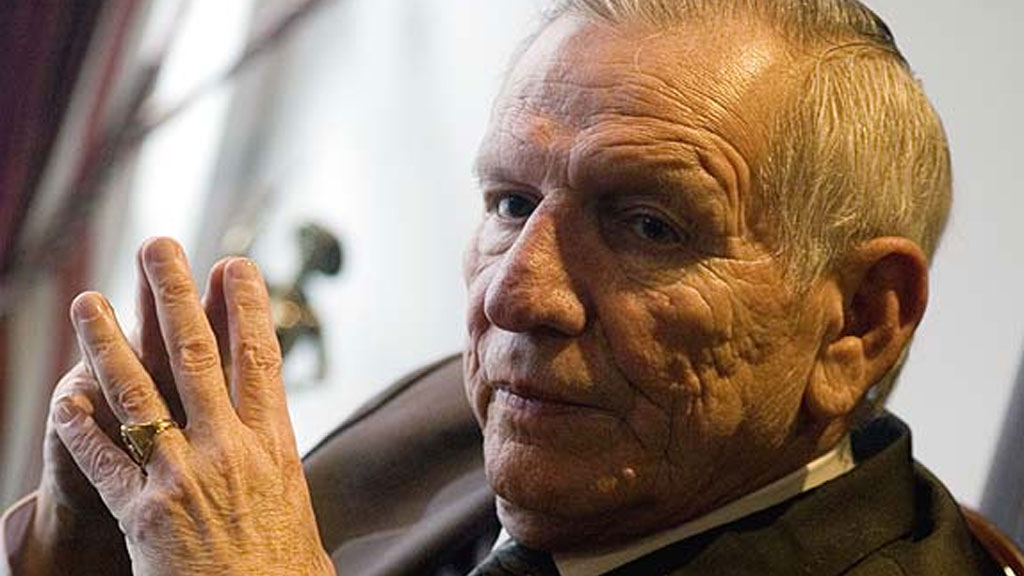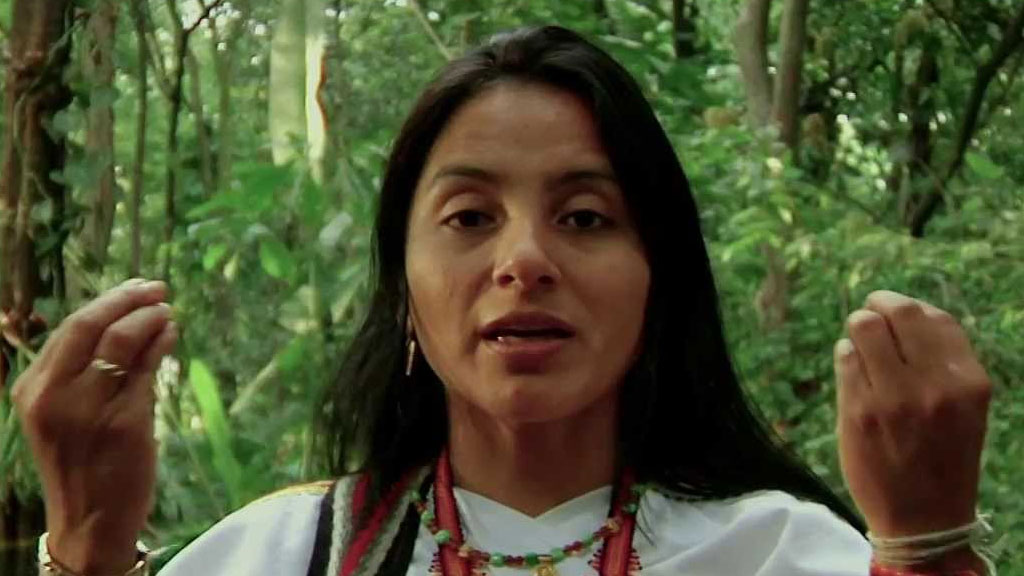Colombian President Juan Manuel Santos will transfer power to a broad commission of political, business, military and labor leaders who will be advising him during the “definite phase” of peace talks with rebel group FARC.
The commission is part of a far-stretching shuffle in the top of the government.
Santos made the announcement in the same speech in which he announced a suspension of air strikes against the guerrillas.
This suspension is a response to the FARC’s unilateral ceasefire and part of a joint attempt to de-escalate the armed conflict while talks are ongoing.
But while the president announced a change in military tactics, he also announced the formation of a number of bodies that should prepare and guide Colombia through a peace process.
The Super CommissionClara LopezLong-time leader of the leftist Democratic Pole party and opposition presidential candidate in 2014. Lopez is the granddaughter of President Alfonso Lopez (1942-1946). Antanas MockusFormer mayor of Bogota and Santos’ competitor in the 2010 presidential elections. Mockus is a graduated mathematician and philosopher and received academic honors in Paris. Andres PastranaA former president and Conservative Party mogul, Pastrana led failed peace talks with the FARC between 1999 and 2002. Marta Lucia RamirezA former defense minister and opponent of the president in the 2014 elections, Ramirez has been one of the most vocal critics of the talks. Ruben SalazarCardinal Ruben Salazar is one of the most powerful men in the Catholic Church. Carlos Raul YepesPresident of Colombia’s largest bank, Bancolombia and legal representative of the banana growers association. Yepes previously worked for cement giant Argos. Julio Roberto GómezFormer director of the CGT, one of Colombia’s largest labor unions. Rafael SamudioA former defense minister and retired general, Samudio has been investigated for his alleged role in forced disappearances. Vera GrabeAn anthropologist, co-founder of rebel group M-19 and a former Senator. Paula MorenoFormer culture minister and director of a think tank on social inclusion. Ati QuiguaIndigenous leader with extensive experience in mainstream politics. |
The Post-Conflict Council
Santos said that in the National Development Plan currently before Congress, there is a request to approve an Inter-institutional Post-Conflict Council.
Santos wants current Post Conflict Minister and former Police commander, General Oscar Naranjo, to lead this council of active ministers, top administration officials “to coordinately work to consolidate peace” in the period following a possible peace deal.
The Advisory Commission
A separate Advisory Commission for Peace, consisting of a wide variety of both establishment and opposition leaders, should “alongside the president enrich the reflection and contribute to the process, maintaining their critical independence.”
Santos vowed to call the commission for a session “when deemed necessary, so the negotiating team informs it on the advances of the progress, and listen to their recommendations with complete attention.”
The commission is “of an inclusive character” and contains a wide variety of political colors, including prominent members of the leftist opposition, announced Santos.
The left had supported Santos’ 2014 presidential election bid, fearing a vote for Democratic Center candidate Oscar Ivan Zuluaga would effectively mean the end to peace talks.
The president stressed that the members of the broad commission would keep their independence throughout the process.
Conservatives take part
According to the president, he had invited Zuluaga, a close ally of former President Alvaro Uribe, to take part in the commission.
Conservative Party politicians Andres Pastrana and Marta Lucia Ramirez have also been invited.
The three have been highly critical of the talks and — as the president made it seem — had refused to take part in the commission.
“This invitation continues to be valid, and the doors to the commission will be open for your participation and input,” Santos told the politicians.
In a response on Twitter, Pastrana said he would accept the invitation.
|
Ramirez took to YouTube to tell the president she accepts the invitation and will take part in the commission.
Zuluaga ignored the invitation and insisted that “President Santos is deceiving us.”
|
Tides are changing
Santos’ televised speech comes at a time of growing optimism over the outcome of the talks.
Prosecutor General Eduardo Montealegre, a supporter of the talks, said over the weekend the negotiations had passed a “point of no return.”
A poll recently released by Gallup showed that, following the FARC’s ceasefire in December, public opinion had become increasingly favorable for the talks.
Colombia increasingly optimistic about outcome of peace talks with FARC
Over the weekend, the FARC and the government announced that both parties will advance a process to remove landmines that have been planted over the past decades by the FARC.
Last year, landmines costs 39 lives, and injured 156 members of the military and 90 civilians.
The road ahead
While general optimism is growing and the will of both parties to make peace is being translated to action, this does not mean the talks are virtually over.
So far, agreement has been found on a drastic rural reform, political participation for the FARC, and the guerrillas’ coordinated abandoning of drug trafficking.
But the warring parties still have to find agreement on the final end of the conflict, which would include an indefinite end to hostilities and the integration of FARC members to a process of Demobilization, Disarmament and Reintegration, or DDR.
So far, the FARC has insisted on laying down but not surrendering its weapons.
More importantly, the guerrillas refuse to go to prison to respond for alleged war crimes.
This has generated major controversy among the Colombian population, 14% of which is a direct victim of the armed conflict between guerrillas and state.
Another thing that is still unclear is how the government plans to compensate these victims.
Nevertheless, the talks seem to be going through a rapid transition and a breakthrough remains possible.
Foreign support
The United States recently appointed a special envoy, while European countries like Germany and France have offered concrete help in the rebuilding process that would follow after the war.
If the negotiating teams are able to pass the remaining hurdles, Colombia will see the end of 50 years of conflict between the rebels and the state that has traumatized the country after decades of extreme political violence.
Instead of trying to violently overthrow the government, the guerrillas will take part in politics and — through democratic means — seek the promotion of their socialist agenda.
Absolute peace? No
However, while the FARC’s renunciation of the war would most likely increase public security in the South American country, it would be false to claim the country will be at peace completely.
The smaller ELN rebel group is still very much at war with the state and international oil companies, while half a dozens of neo-paramilitary groups are continuing to kill and threaten human rights workers, labor union leaders and journalists.
The Santos administration has been holding exploratory talks with the ELN since before June last year, but these talks have yet to make any progress.
The government has categorically rejected a peace process with neo-paramilitary groups that were formed during a peace process between 2003 and 2006 that saw the formal demobilization of paramilitary umbrella organization AUC.



